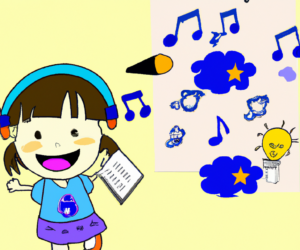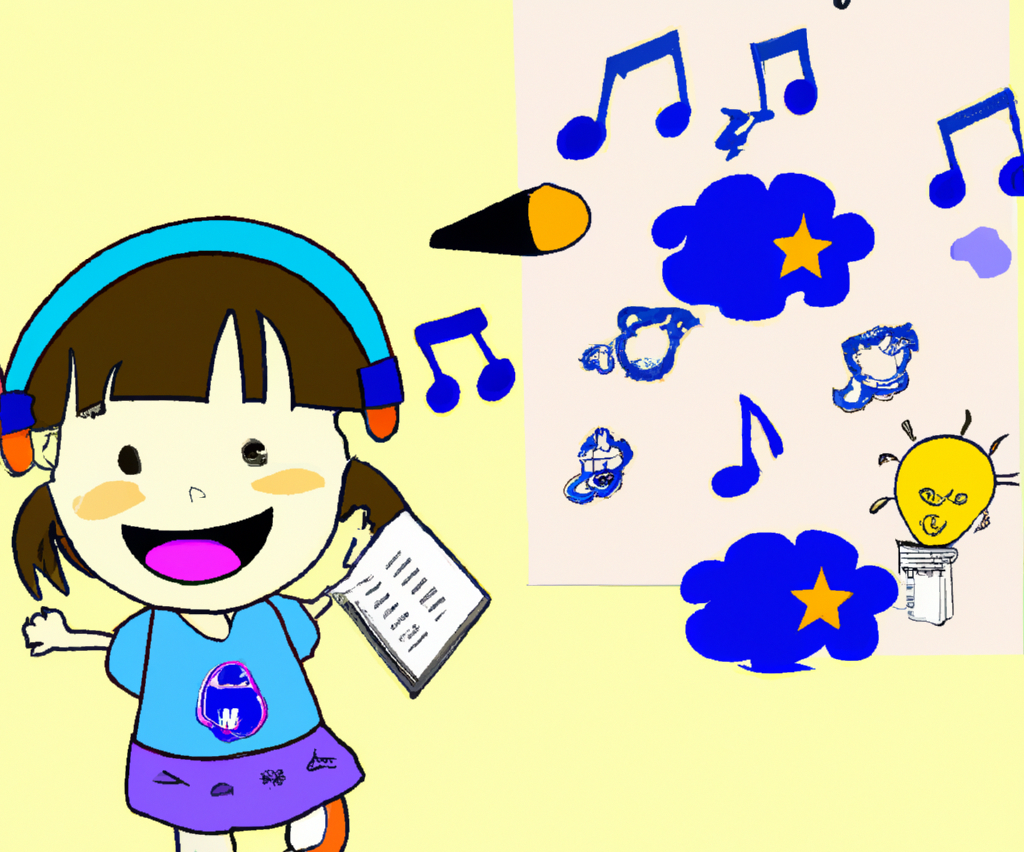Introduction
Music is a universal language that has the power to evoke emotions, inspire creativity, and unite people from all walks of life. But did you know that music can also have a positive impact on brain development?
Research has shown that music can improve cognitive function, memory, language skills, and even emotional development. This is because music stimulates multiple areas of the brain, including the auditory cortex, prefrontal cortex, and hippocampus.

Music Boosts Brain Development in Children
Benefits of Music for Brain Development
Cognitive function: Music can help to improve attention, focus, and memory. For example, a study published in the journal PLoS One found that students who listened to classical music while studying performed better on memory tests than those who did not listen to music.
Language skills: Music exposes children to different sounds and rhythms, which can help them to develop their phonological awareness and auditory processing skills. These skills are essential for learning to read and write. For example, a study published in the journal Developmental Psychology found that children who participated in a music intervention program performed better on reading tests than children who did not participate in the program.
Emotional development: Music can help to reduce stress, anxiety, and depression. It can also promote feelings of happiness and well-being. For example, a study published in the journal Pain found that listening to music can help to reduce pain and anxiety in patients undergoing medical procedures.
How to Promote Brain Development Through Music
There are many ways to promote brain development through music. Here are a few tips:
- Expose your child to music early on. Singing to your child, playing music in the home, and enrolling them in music classes are all great ways to introduce them to music.
- Encourage your child to interact with music. Let them dance, sing, and play along with their favorite songs. You can also encourage them to create their own music by providing them with instruments and other materials.
- Make music a part of your daily routine. Listen to music together while eating, playing, or traveling. You can also use music to help your child relax and fall asleep.
Conclusion
Music is a powerful tool that can be used to promote brain development in children of all ages. By exposing your child to music early on and encouraging them to interact with it, you can help them to reach their full potential.
Sources
- Kraus, N. (2010). Music and brain development. Annual Review of Psychology, 61(1), 475-501.
- Rauscher, F. H., Shaw, G. L., & Ky, K. N. (1993). Music and spatial task performance. Nature, 365(6447), 611.
- Patel, A. D. (2008). Music, language, and the brain. Oxford University Press.
- Paczynski, M., & Zajenkowski, M. (2010). Music, emotions, and social behavior. Current Directions in Psychological Science, 19(2), 77-81.




